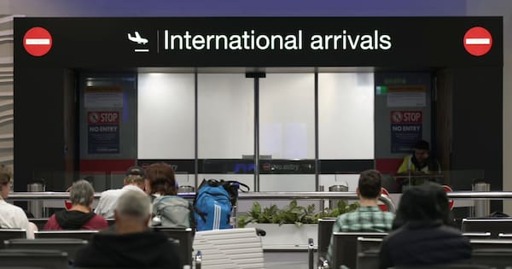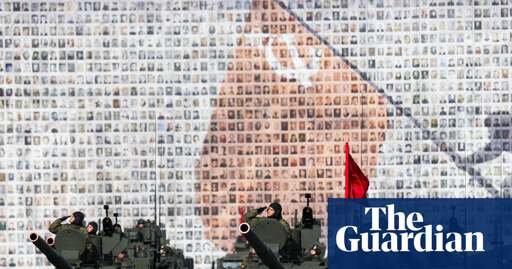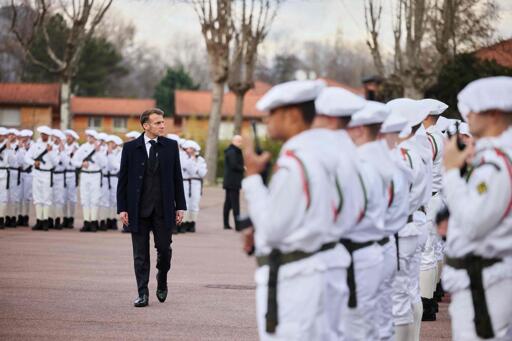

This is part of the the EU Defence Industry Programme (EDIP) which was debated recently.
https://eur-lex.europa.eu/legal-content/EN/TXT/PDF/?uri=CELEX%3A52025SC0820
https://www.iris-france.org/wp-content/uploads/2024/09/ARES_2024_09_EDIP_Factsheets.pdf
The goal is to ensure the availability of weapons and ammunition in time and sufficient volume. Provisions allow derogation from working hours in military production during crisis. Some labor unions have criticized the deal.
The big political families (centrists, the socialists and conservatives) have endorsed the deal.
According to special rapporteur Raphael Glucksman:
“Russia’s offensive in Ukraine and hybrid attacks on EU countries remind us daily that we have no time to lose. Europe must finally be able to defend itself. EDIP was conceived exactly for this purpose – to strengthen collective defence through common investment, joint procurement, and integration of Ukrainian and European industries.
“Failing to allocate sufficient funding for EDIP is a missed opportunity and a strategic mistake for the EU.
“Still, today’s agreement is a crucial step towards transforming and strengthening our defence industry. We have secured guarantees that EU funds will build European capabilities, free from external dependence.
However, The Left group (parties even more left than the socialists) has criticized the deal
The Parliament also voted for the arms industry to benefit from derogations on EU regulations on habitats, protecting flora and fauna, and even the landmark Water Framework Directive. The result is the sacrifice of basic environmental protections to the benefit of the military-industrial complex.
Özlem Demirel (Die Linke, Germany) said: “A war economy means that all areas of public life and production are subordinated to the demands and needs of war. This program is a dangerous turning point, a watershed at the expense of social standards, environmental standards, and occupational safety. It is also economically misguided. Investment in armaments is dead capital. Armaments can only be produced endlessly as long as there is a corresponding need in the event of war,











The thing is, these are often technical jobs that may require significant training.